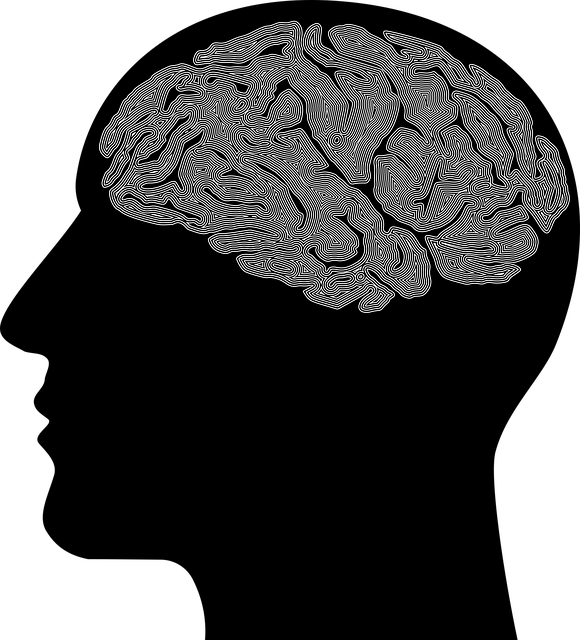Englewood Hebrew Speaking Therapy (EHST) provides crucial crisis intervention services, focusing on personalized strategies to support individuals and communities facing acute stressors. They employ empathy-building, compassion cultivation, active listening, and emotional processing techniques. EHST offers mental health education programs to empower clients with long-term coping mechanisms and resilience-building tools, ensuring holistic emotional well-being. Post-crisis, they offer sustained support through tailored therapy sessions catering to diverse cultural needs, advocating for mental health policies, and prioritizing risk assessment for a secure healing environment.
“In times of crisis, effective intervention can make a profound difference. This article explores essential strategies for navigating acute situations, drawing from the expertise of Englewood Hebrew Speaking Therapy as a cornerstone of emotional support. We delve into the art of active listening and empathy, highlighting their pivotal roles in critical care.
Furthermore, it examines post-crisis support and long-term healing methods, offering valuable insights for professionals and caregivers. Discover how these strategies, informed by the unique approach of Englewood Hebrew Speaking Therapy, can foster resilience and recovery.”
- Understanding Crisis Intervention: A Cornerstone of Englewood Hebrew Speaking Therapy
- The Role of Active Listening and Empathy in Critical Situations
- Post-Crisis Support and Strategies for Long-Term Healing
Understanding Crisis Intervention: A Cornerstone of Englewood Hebrew Speaking Therapy

Englewood Hebrew Speaking Therapy (EHST) recognizes that crisis intervention is a critical component of mental health support. It involves providing immediate and effective assistance to individuals or communities facing severe stressors, such as trauma, loss, or sudden life changes. At EHST, we understand that crisis situations require tailored strategies to address the unique needs of each client.
Through our specialized services, we offer a range of crisis intervention techniques, focusing on empathy building strategies and compassion cultivation practices. By fostering open communication and actively listening, our therapists help individuals process their emotions and gain perspective. Additionally, EHST incorporates mental health education programs design to empower clients with coping mechanisms and resilience-building tools. This holistic approach ensures that clients not only navigate the current crisis but also develop long-term strategies for emotional well-being.
The Role of Active Listening and Empathy in Critical Situations

In critical situations, active listening and empathy are invaluable tools that can significantly impact crisis intervention strategies. As a core component of effective communication, active listening involves fully concentrating on what’s being said, understanding the speaker’s perspective, and providing verbal affirmations to show engagement. This process not only helps individuals feel heard but also fosters an environment of trust and security, crucial elements in managing intense emotions during crises.
At Englewood Hebrew Speaking Therapy, we recognize that empathy further strengthens this dynamic by allowing practitioners to connect with clients on a deeper level. By acknowledging their feelings and experiences without judgment, our therapists enable individuals to begin the process of emotional healing. This approach is deeply intertwined with coping skills development and stress management workshops offered by the organization, ultimately aiming to empower clients with the tools necessary for navigating challenging circumstances.
Post-Crisis Support and Strategies for Long-Term Healing

After an acute crisis passes, providing sustained support is crucial for long-term healing and recovery. This involves a multifaceted approach tailored to the individual’s needs, as every person’s experience of trauma is unique. One key component is continued therapy sessions, which can help process emotions, understand triggers, and develop coping mechanisms. Englewood Hebrew Speaking Therapy offers specialized services catering to diverse cultural backgrounds, ensuring individuals feel heard and understood.
Additionally, building a supportive network is essential. This includes connecting with family, friends, or support groups where individuals can share their experiences and receive encouragement. Mental Health Policy Analysis and Advocacy plays a vital role in creating systems that reduce the stigma associated with mental illness, encouraging early intervention, and ensuring access to quality care. Risk Assessment for Mental Health Professionals should also be implemented to safeguard both practitioners and clients, fostering a safe environment conducive to healing.
Englewood Hebrew Speaking Therapy emphasizes the vital role of crisis intervention strategies, highlighting active listening and empathy as key tools in critical situations. By providing post-crisis support and fostering long-term healing, these methods not only address immediate needs but also contribute to durable mental well-being. Drawing on these evidence-based practices, individuals can navigate challenging times with enhanced resilience, ensuring a brighter future.














